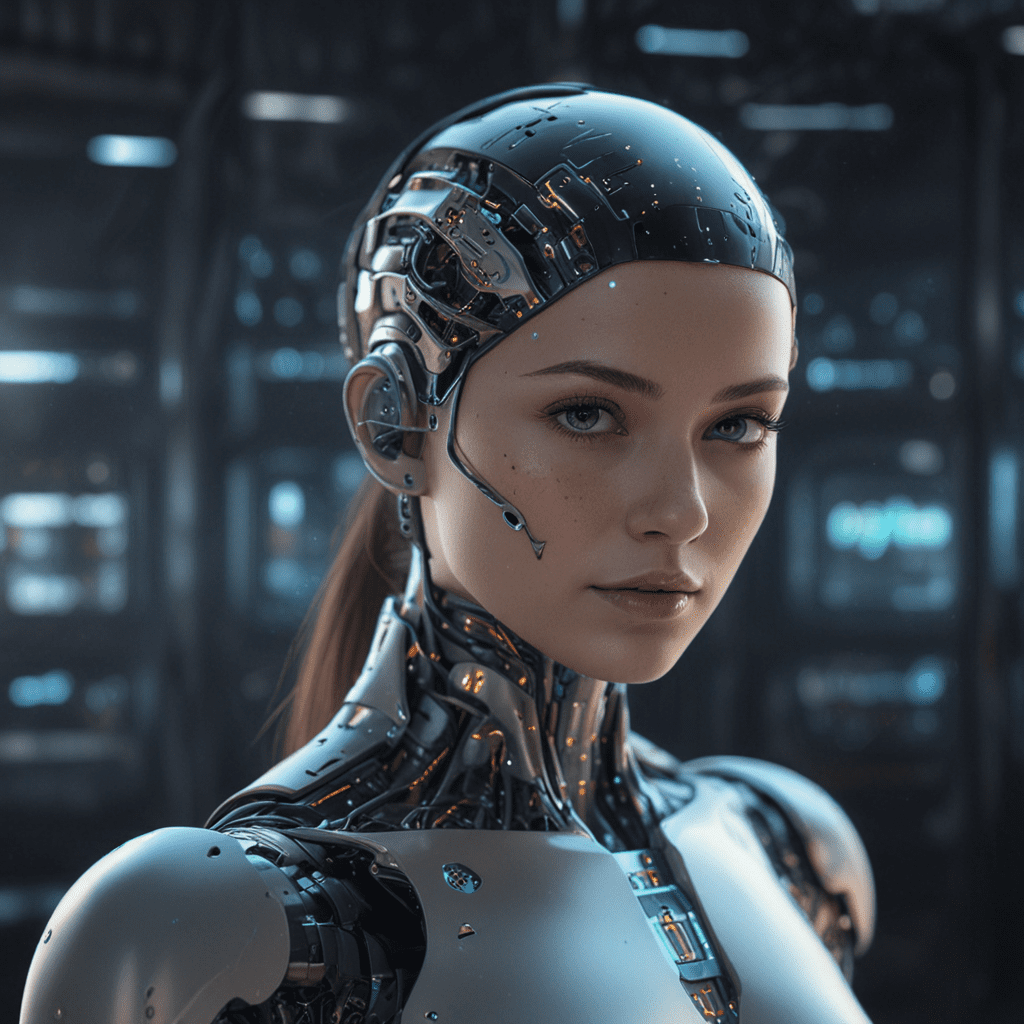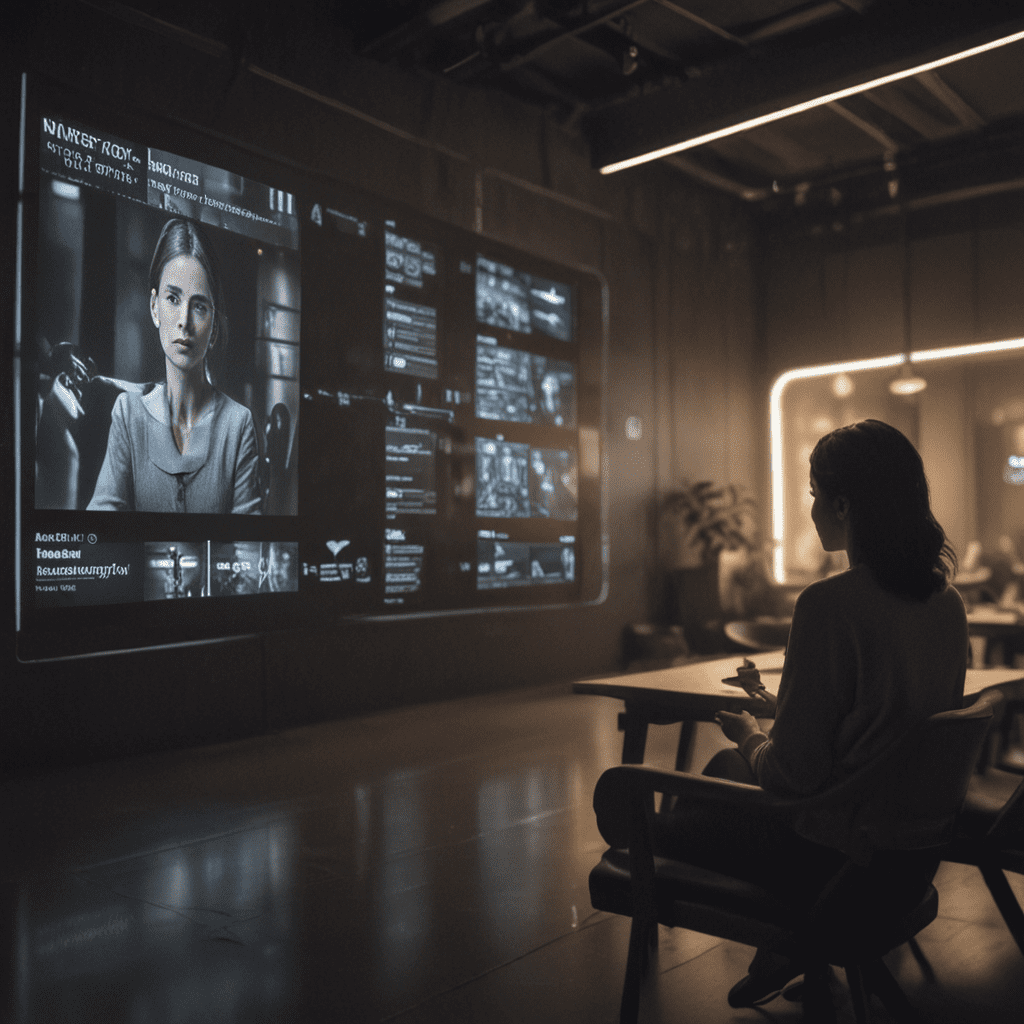Future of User Experience (UX) Design in Artificial Intelligence
Artificial Intelligence (AI) is rapidly transforming the landscape of user experience (UX) design. The integration of AI technologies into digital products and services is creating unprecedented opportunities to enhance user interactions, personalize experiences, and drive innovation. As AI continues to evolve, so too will its impact on UX design, shaping the future of how we interact with technology.
Evolution of UX Design in AI
Initially, AI's role in UX was limited to automating repetitive tasks and providing basic support. However, advancements in machine learning, natural language processing, and cognitive computing have paved the way for more sophisticated and user-centric applications of AI in UX design. Today, AI-powered UX solutions are revolutionizing the way we interact with technology, enhancing personalization, improving accessibility, and empowering users with intelligent assistants and intuitive interfaces.
The Role of AI in Enhancing User Experiences
AI plays a critical role in enhancing user experiences by:
- Personalizing Content and Recommendations: AI algorithms analyze user data to tailor content and recommendations to individual preferences, interests, and past behaviors.
- Improving Accessibility: AI-powered assistive technologies empower users with disabilities to navigate and interact with digital products effectively.
- Creating Engaging Interfaces: Conversational AI and cognitive interfaces elevate user engagement by simulating natural language interactions and providing contextual assistance.
- Automating Repetitive Tasks: AI automates repetitive and time-consuming tasks, freeing up users to focus on more complex or creative endeavors.
- Predicting User Behavior: AI algorithms analyze user patterns to predict future behavior, enabling UX designers to create proactive and anticipatory experiences.
VI. Personalization and Adaptive UX
AI-powered personalization and adaptive UX tailor experiences to individual user preferences, needs, and behaviors. Machine learning algorithms analyze user data to create personalized interfaces, recommendations, and content. This level of personalization enhances user engagement, satisfaction, and efficiency.
VII. Ethical Considerations in AI-driven UX
The ethical implications of AI in UX design must be carefully considered. AI algorithms should be designed to be fair, unbiased, and transparent. Designers must ensure that AI systems are accessible, inclusive, and respectful of user privacy.
VIII. Design Principles for AI-Enabled UX
UX designers must adhere to specific principles when designing AI-enabled experiences. These principles include designing for human-AI collaboration, transparency, and trust. Designers should also consider the ethical implications and potential biases of AI systems.
IX. Skills and Tools for UX Designers in the Era of AI
UX designers need to equip themselves with the skills and tools to create AI-powered UX. These include:
- Understanding of AI concepts and algorithms
- Proficiency in design tools that integrate AI capabilities
- Knowledge of human-computer interaction principles
- Ability to collaborate with data scientists and engineers
X. Conclusion: The Path Ahead
The intersection of AI and UX design is rapidly evolving, offering immense potential for innovation and user-centric experiences. As AI technologies continue to advance, UX designers must embrace new skills, tools, and ethical considerations to design AI-enabled experiences that enhance human lives.
FAQ
Q: How will AI impact UX design in the future?
A: AI will enhance user experiences through personalization, adaptive UX, conversational interfaces, and automated tasks.
Q: What are the ethical considerations in AI-driven UX?
A: Designers must ensure that AI systems are fair, unbiased, transparent, accessible, inclusive, and respectful of user privacy.
Q: What skills do UX designers need in the era of AI?
A: UX designers need to understand AI concepts, design tools that integrate AI capabilities, human-computer interaction principles, and collaboration skills with data scientists and engineers.



